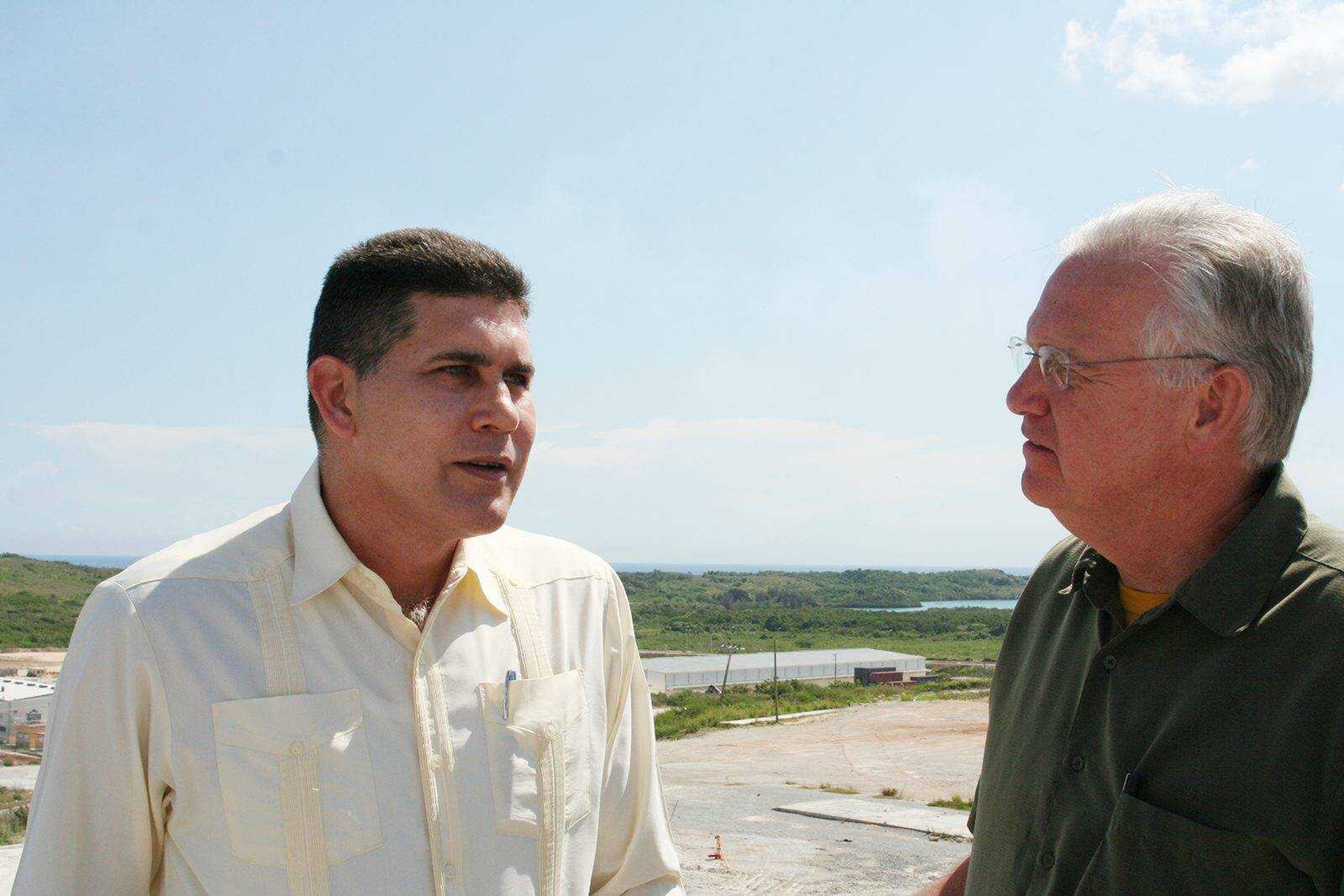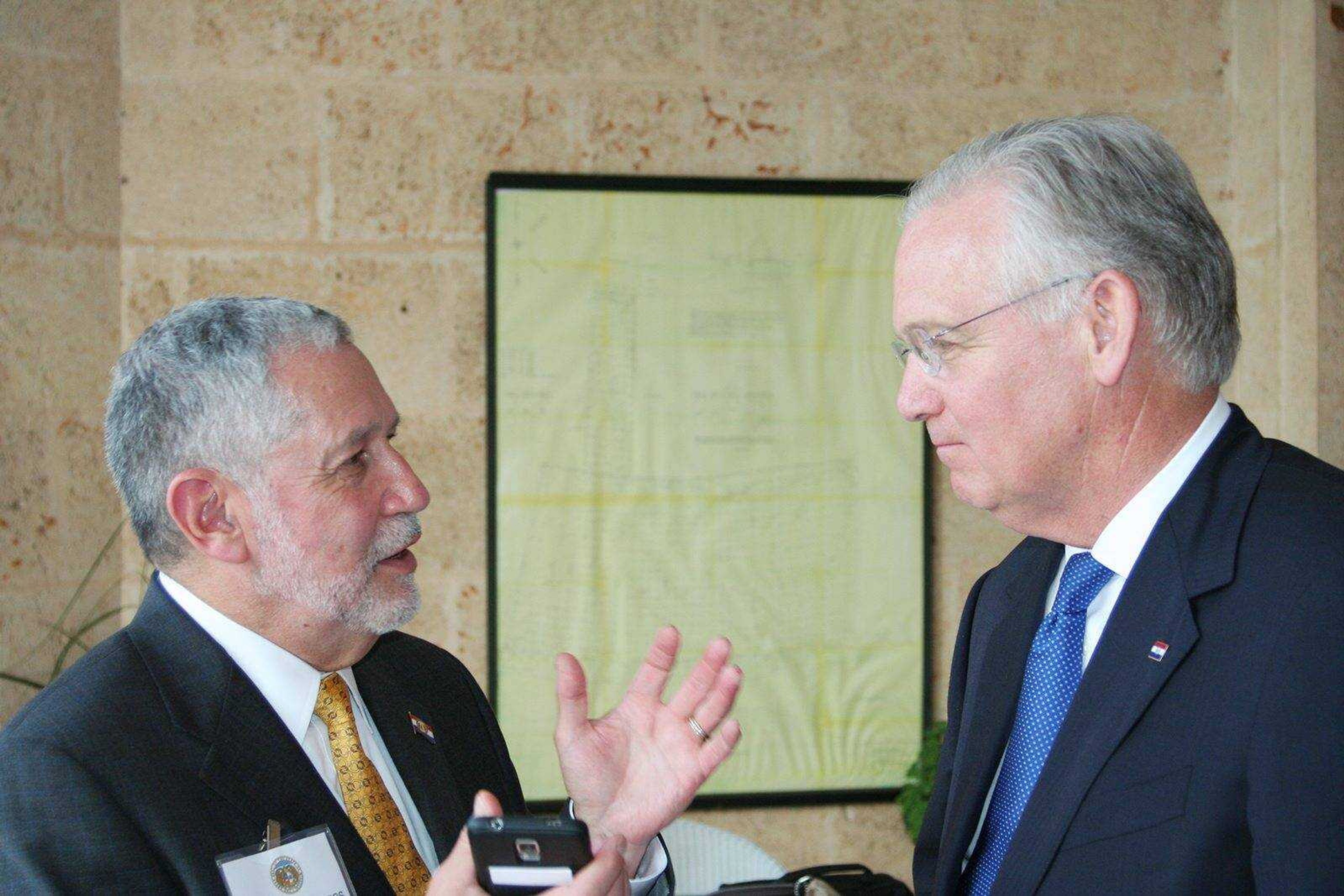Missouri delegation visits Cuba, hopes to create exchange of students, culture and business
Southeast Missouri State University president Carlos Vargas-Aburto says his recent trip to Cuba has left him excited about the possibility of future international cooperation between Cuba and Southeast Missouri. Vargas was part of a delegation that included Missouri Gov. Jay Nixon and his wife, Georganne, and several other community leaders from various industries...
Southeast Missouri State University president Carlos Vargas-Aburto says his recent trip to Cuba has left him excited about the possibility of future international cooperation between Cuba and Southeast Missouri.
Vargas was part of a delegation that included Missouri Gov. Jay Nixon and his wife, Georganne, and several other community leaders from various industries.
Vargas' itinerary focused on strengthening connections among faculty and administrators at Cuban universities and the Ministry of Higher Education.
"For one, the individuals that we met were very welcoming," he says. "They were very open and very interested in having conversations with the delegations about what to do."
Lifting the trade embargo was only the first step in re-establishing a sense of international cooperation.

"I don't envision in the very near future Cuban students coming here," Vargas says, although faculty exchanges will likely come first to lay the foundation for students.
The Cuban higher-education system, Vargas explains, is similar in spirit to those of other Latin-American countries, but operates tuition-free to students.
This means a university student in Cuba doesn't typical have the same financial resources as his or her American counterpart.
But Southeast's already-robust exchange program, Vargas says, will serve as a head start. Southeast faculty have been contemplating Cuban opportunities on-and-off for the past decade, he says.
"One of the fundamental benefits to [exchange programs] is to enhance the understanding of culture and traditions and of their way of life," he says.

Southeast Missouri farmers' expertise in agricultural sciences, he says, could be a great boon to Cuban industry.
"They have a very rich culture and a rich tradition in music and dance," Vargas says. "They are very skilled in those areas in particular, and at Southeast we have our River Campus. That in itself is an opportunity."
And as Vargas saw firsthand, many of the automobiles in Cuba have been on the road for 50 years or more, which he says is a striking testament to the creativity and resourcefulness of Cuban engineering and technology.
"They've figured out a way to keep those cars running," he says. "I don't think it's bad for students to see a culture that tries to keep something operating for periods of time longer than what we typically would do."
Southeast is developing a multiyear plan to begin faculty exchanges with Cuban universities.

Connect with the Southeast Missourian Newsroom:
For corrections to this story or other insights for the editor, click here. To submit a letter to the editor, click here. To learn about the Southeast Missourian’s AI Policy, click here.






